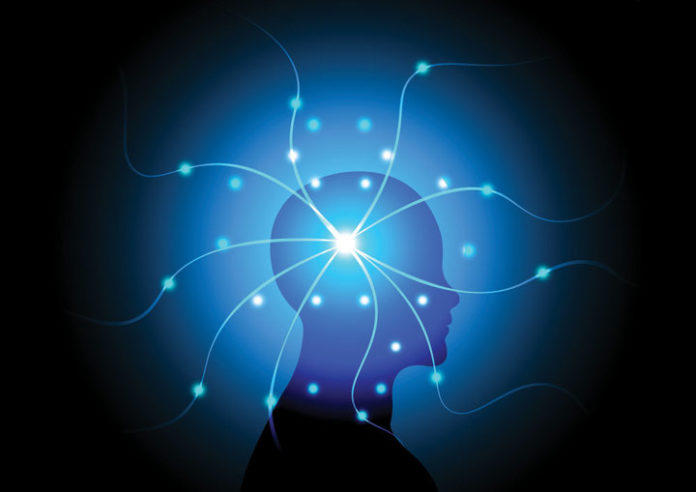A new study published in European Neuropsychopharmacology showed that magnetic stimulation of the brain significantly reduced cocaine use and cravings.
“Transcranial magnetic stimulation is a relatively new treatment modality for many different neuropsychiatric disorders. It’s the early days of figuring out how best to use it,” said Rob Malenka, a Stanford addiction researcher.
The study was a joint effort between Italian and American researchers, carried out by Luigi Gallimberti, a doctor at the University of Padua Medical School, and Dr. Antonello Bonci of the National Institute on Drug Abuse (NIDA) Intramural Research Program.
The objective of the experiment was to apply magnets to the brain’s dorsolateral prefrontal cortex in order to manipulate neuronal responsiveness. Previous studies in mice showed drug cravings could be inhibited when different sections of the brain were targeted by magnets.
During the pilot trial, the team began a 29-day course of transcranial magnetic stimulation (TMS) to 16 patients in an outpatient clinic in Padua, Italy. Once a day, participants were taken into a private room and had a figure 8-shaped wand...(continue reading)
















